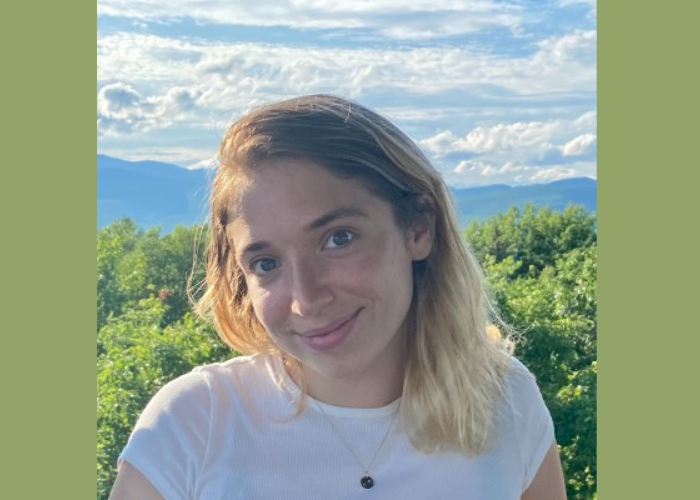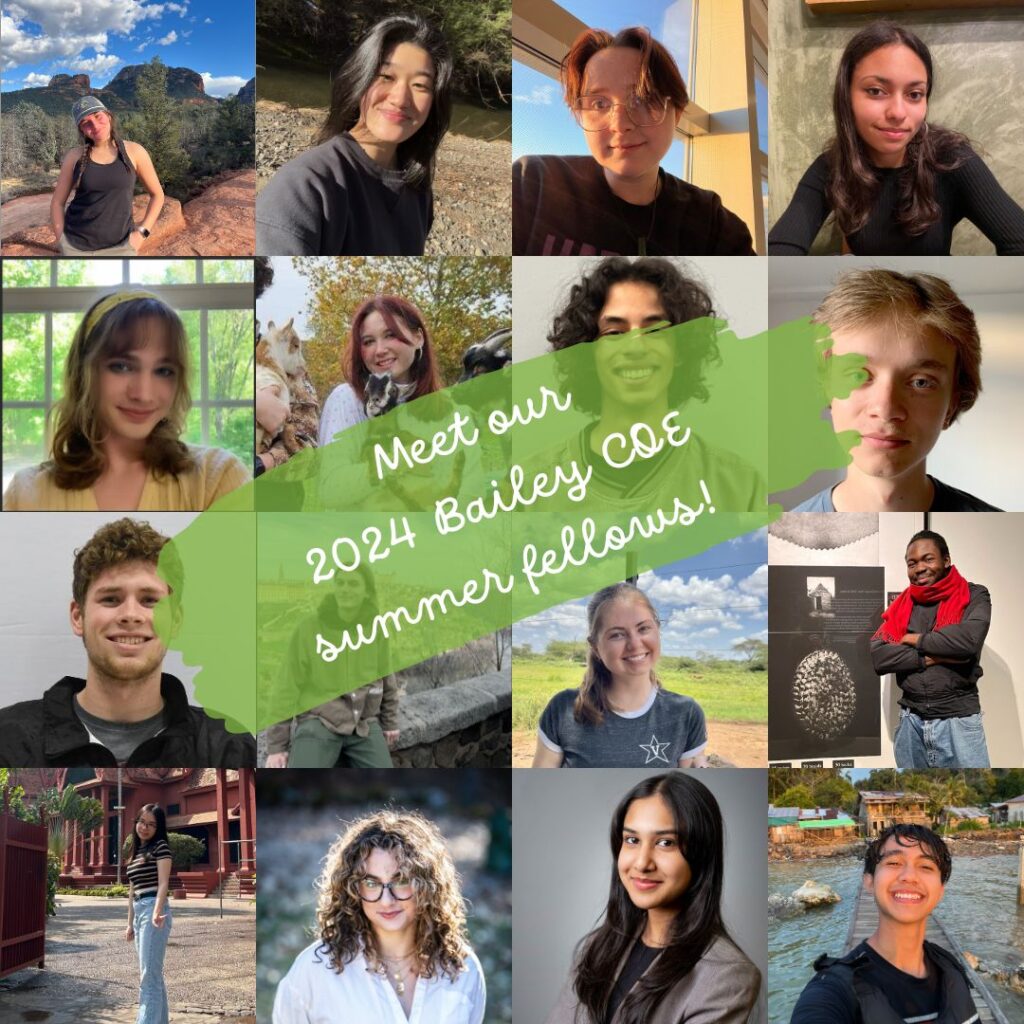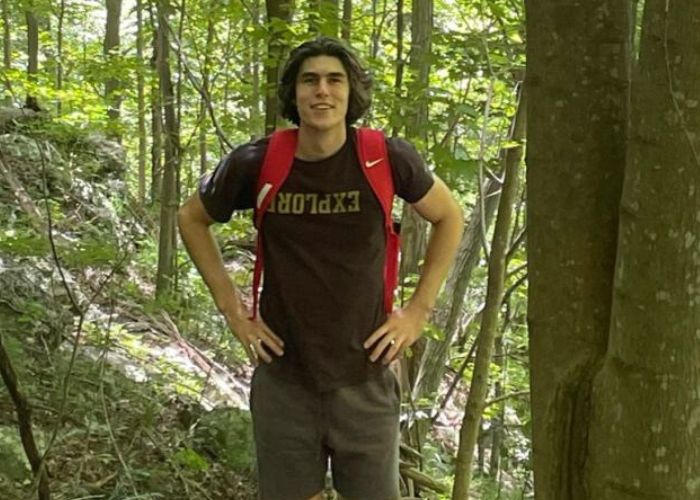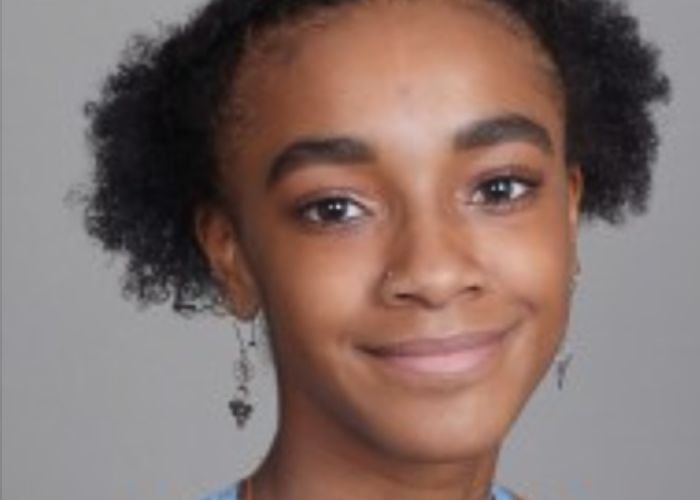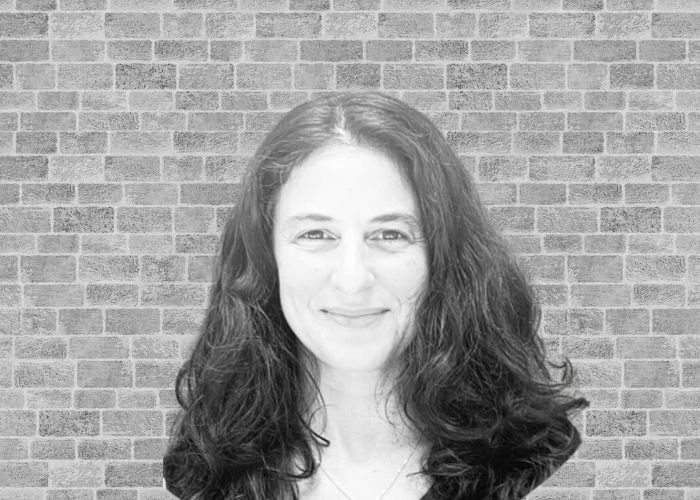Josh Nodiff ’19 graduated from Wes with a double major in environmental studies and American studies. He is the founder and executive director of the Climate Imaginarium, a consortium of climate organizations with a center for the arts on Governors Island in New York City.

For those who are unfamiliar with this project, what is the Climate Imaginarium?
The Climate Imaginarium (@climateimaginarium) is a new consortium of climate organizations with a center for the arts on Governors Island in New York City. The Imaginarium serves as a community center for climate and culture, with galleries and spaces for exhibitions, performances, film screenings, and events that respond to the climate crisis with solutions and visions for hope and justice. Programming is offered by a range of institutions, initiatives, and organizations, coming together under one roof to reimagine a just and regenerative future.
